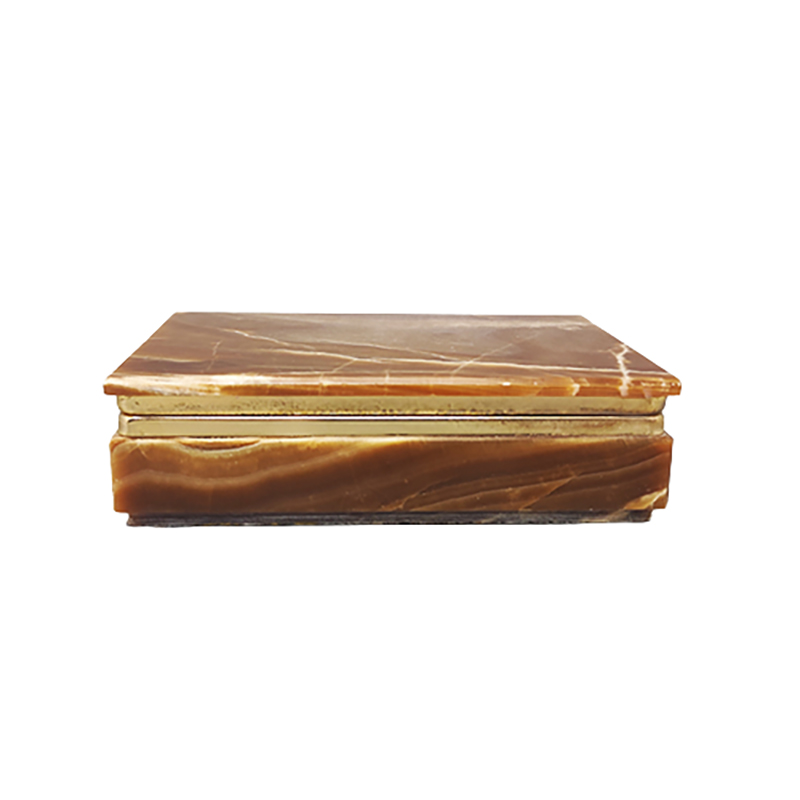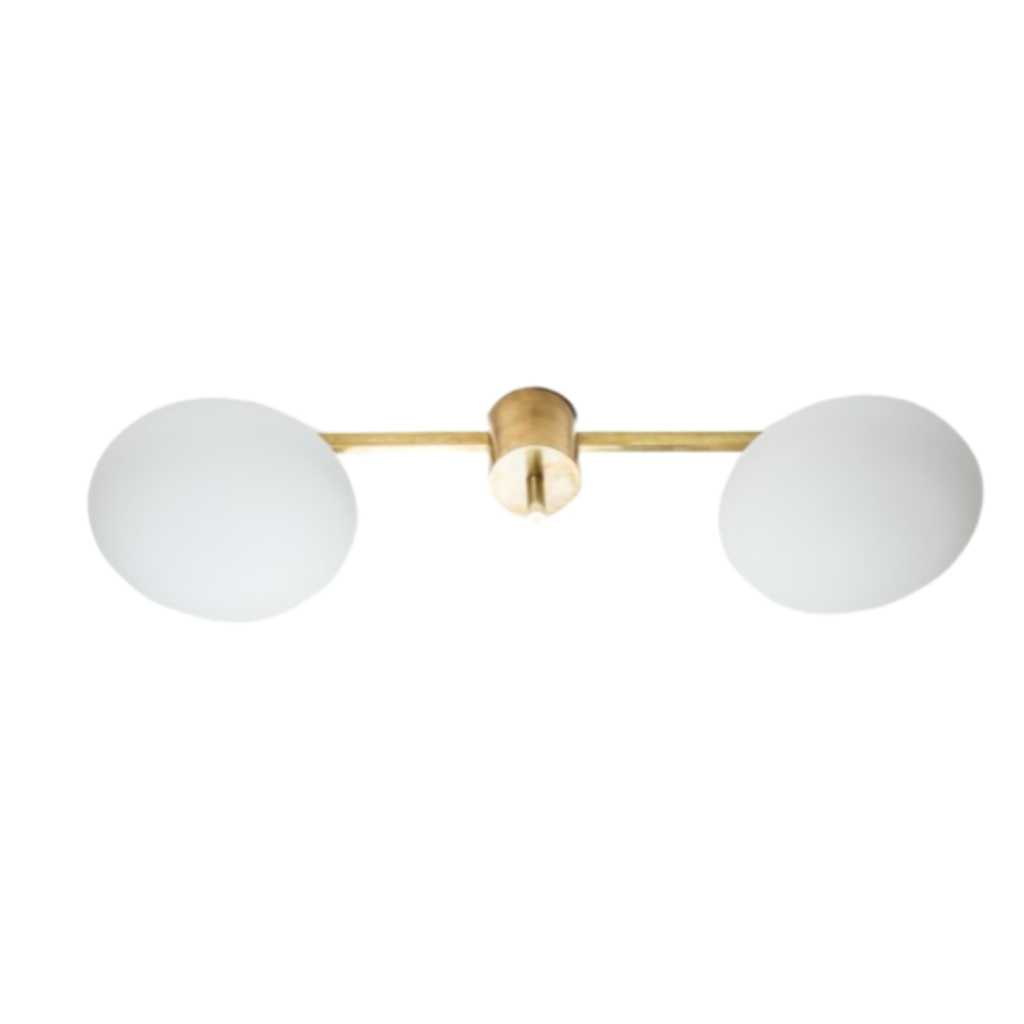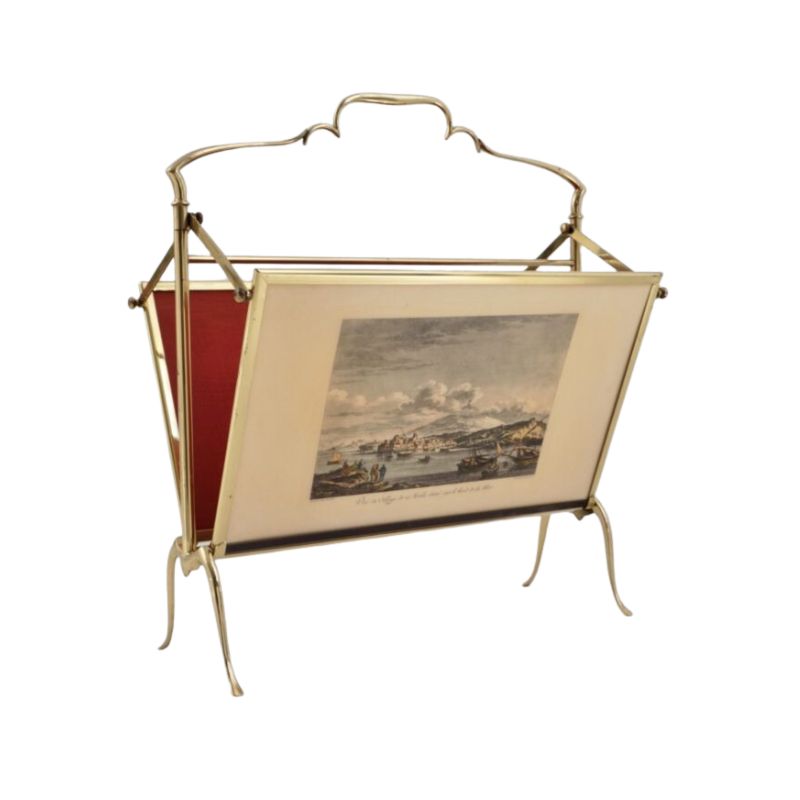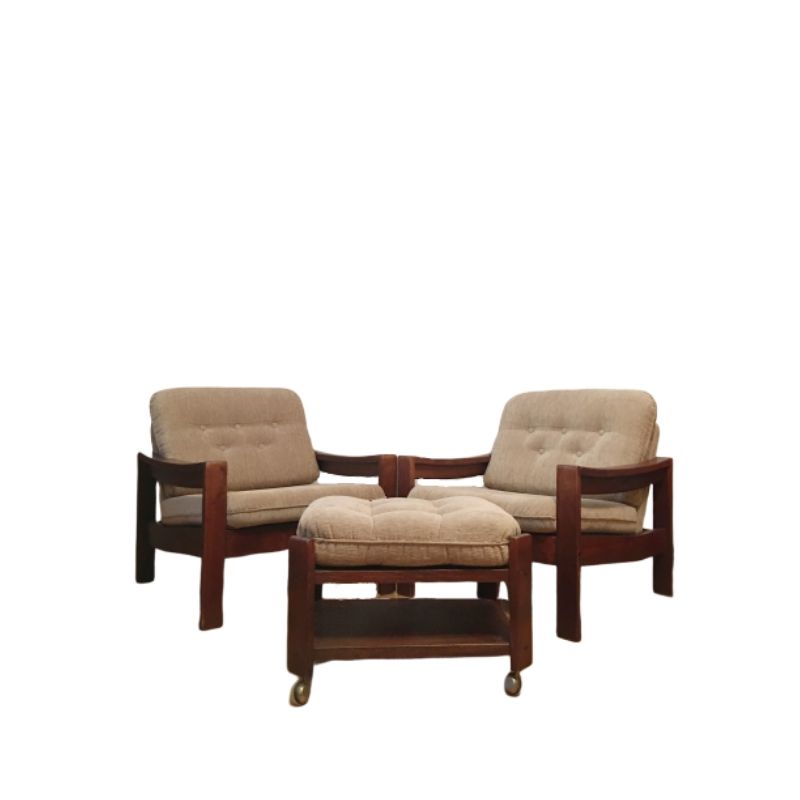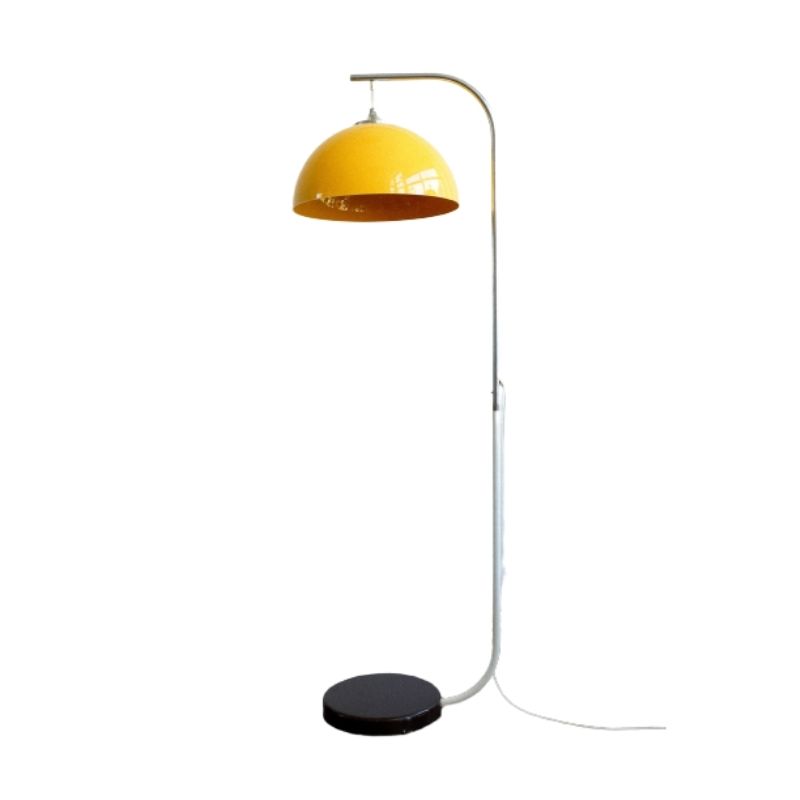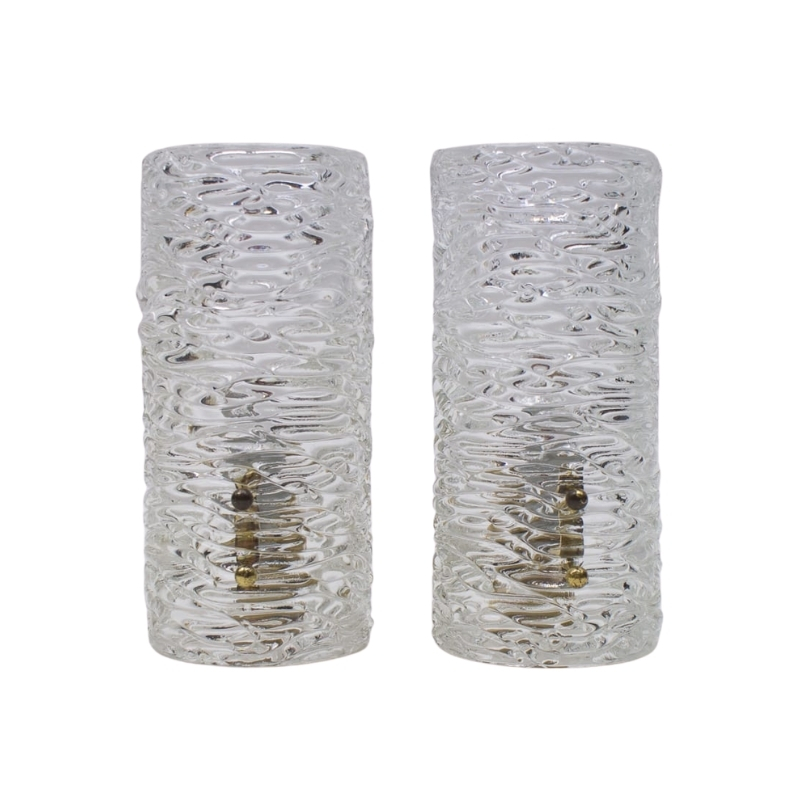Hello Stephen I hope you're not too drunk to answer, I was going to slip this question in somewhere else but I'm sure Debs of the mystery chair doesn't care for such things...
In drawer construction is there any reason why a vertical sliding dovetail for joining front to sides is a no no?
Muchas gracias
Not to butt in, but...
SDR seems like a reliable and trustworthy source of advice on woodworking, but, if you're even halfway serious about turning perfectly good wood into useless kindling, you should really pick up a copy of Ernest Joyce's "Encyclopedia of Furniture Making" and refer to it often.
http://www.amazon.com/Encyclopedia-Furniture-Making-Ernest-Joyce/dp/0806...
Arthur,
have a drink on me. As I should have hung my head in shame for trolling Whitespike's recent thread, so others may find this a bore -- but I'm always happy to talk about the technical side of our shared design passion, to the extent that I'm able. Koen is still the reigning technical (and spiritual) soul of our forum -- and not just on ceramic issues, by any means !
There's nothing wrong with a sliding dovetail, assuming you can manage it at all -- it's a fussy job. We did it on a production basis in the first cabinet shop I worked in -- with a fir plywood side meeting a plastic-laminated 1/2" particleboard front (!). Those boys were confident of their abilities . . .
Let me know more, Heath. I'm all for simplifying woodworking where possible -- I take no pleasure in seeing how difficult we can make our craft.
As you
can imagine, in soft and pliable material like particle board or even MDF, too tight a joint would actually bend the drawer front when the joint is forced home. This wouldn't happen in solid material. We were using Titebond (in 1968); today I would think of using poly glue for its lubricant properties -- or epoxy ?
It's a neat joint for the purpose, of course. I haven't seen it in use for forty years -- everyplace I've worked they fasten a separate drawer front to a four-sided drawer box (for adjustability if nothing else). But if you're a minimalist, or dedicated to saving material . . . knock yourself out ! Every IKEA drawer cabinet uses a hardware version of what you're talking about.
.
ok I think once the machines were set and after a few tests it wouldn't be that fussy, especially if there are many drawers, I'll give it a go when I get the chance. I'd table rout straight channels in all the draw fronts, swap bits then do all the dovetail mortices...put that lot aside and rout the long dovetails on the upright in a sliding jig (a few tests in some scrap at this point). Not sure about the back, maybe the same.
I think.
Thanks for your advice tktoo but I've got more than enough books, none of them mention this joint in relation to drawers. The thread title is I'm sure more than enough to bore most, ooh edit...sorry that sounds really rude, you're not boring.
Too many books, or too many woodworking books?
If the latter, I hear you completely. Though, if I were to keep only one, Joyce's would be it. Tage Frid's aren't bad, either.
On the subject of sliding dovetail for drawer fronts, there are many variables to consider. If your production run warrants jigging up for them, the materials lend themselves to the technique, and they accomplish the design intent, there is nothing at all wrong with using them. My 1963 kitchen drawers were all constructed in this fashion and are still rock-solid despite heavy use. Their sides are solid basswood, I think, and the fronts are veneered lumbercore. The backs are dadoed into, glued, and nailed through the sides.
As for the boring bit, I must plead nolo contendere based on the likely testimony of my teenage daughters.
Arthur, thought this might be...
Arthur, thought this might be of interest to you with your mitres.
Another way of clamping a staved construction together would be to take an old strip of bicycle inner tube rubber and wrap it around tight, when it contract it might apply a bit more pressure than tape, just a thought.
You can
see that, if the upper left joint in Heath's picture were reversed, then clamps in just two directions (up-and-down) would be all you'd need to tighten this column until the glue set -- probably why that cutter was developed, rather than for additional glue surface alone.
It sounds rather hinky, I know, but masking tape really works to clamp plain miters. One typically tapes the joint with 4-inch "patches" of tape, close together, while the joint is dry, with the pieces laid flat, points together, then reverses the piece (i.e., tape down) to apply glue. I've glued miles of material this way, over the last 25 years, with no trouble. This works well unless the material is bent and fighting you -- but who wants to cut a miter on bent wood in the first place ? I've mostly glued veneered or raw MDF or, occasionally, plywood, this way.
Not my picture, good thinking...
Not my picture, good thinking about reversing that cut though, I bought a book yesterday at the market on making small wooden boxes, the sort of thing you find in good craft galleries, some of the joinery is very nice and could apply to drawers I think. Ah well when I get all that white ant damage repaired (I had to cut out entire joists and tear up floor) there will be photos.
Eek --
I missed that you were doing (re)construction. Is that your workshop ?
I've been told that woodworkers can sell as many "pretty boxes" as they can make. If I can't find a place to work when I lose my my present shop space, I may have to resort to "kitchen table crafts" of that sort . . .
Yes, you know how you read th...
Yes, you know how you read that people can throw up when very upset? I never really believed it.
I'm quite keen on the kitchen crafts market stall thing, spoke to some people who do it and they do quite well, they get to meet people actually interested in what they do and get out and about, lots of positives to it and still all the design challenges in the smaller things. A lot of the work at those places is a bit so so too, a small increase in looks and quality would be very attractive to customers I think.
If you need any help, please contact us at – info@designaddict.com



